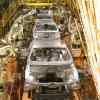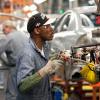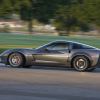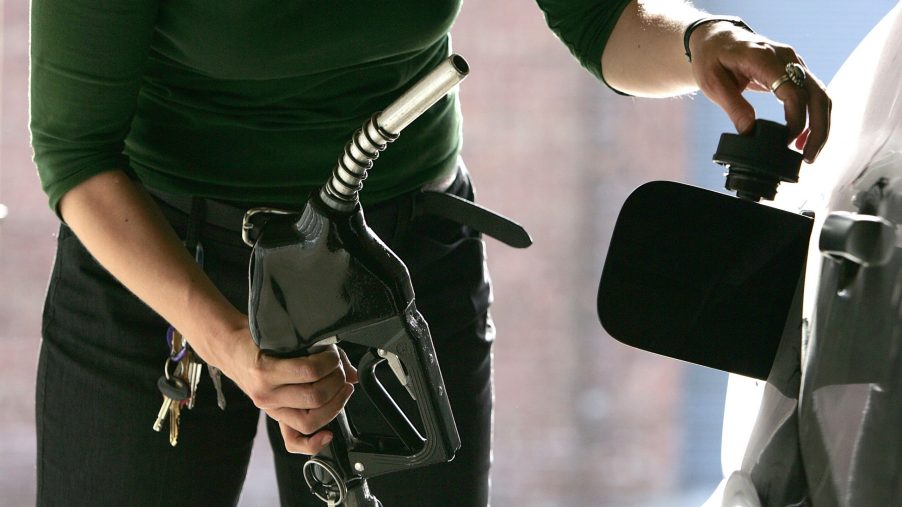
As gas prices continue to soar to all-time highs, wallets continue to feel the pain and suffering involved with stops at the pump. Unless you drive an electric vehicle, you’re not likely a fan of this increase. Gas prices are out of the control of the driver. We can’t change that. However, adjusting driving habits to maximize fuel economy is the most effective way drivers can reduce their spending on fuel. Want to learn how to increase your overall fuel economy? Follow these simple steps!
How can I improve my fuel economy?
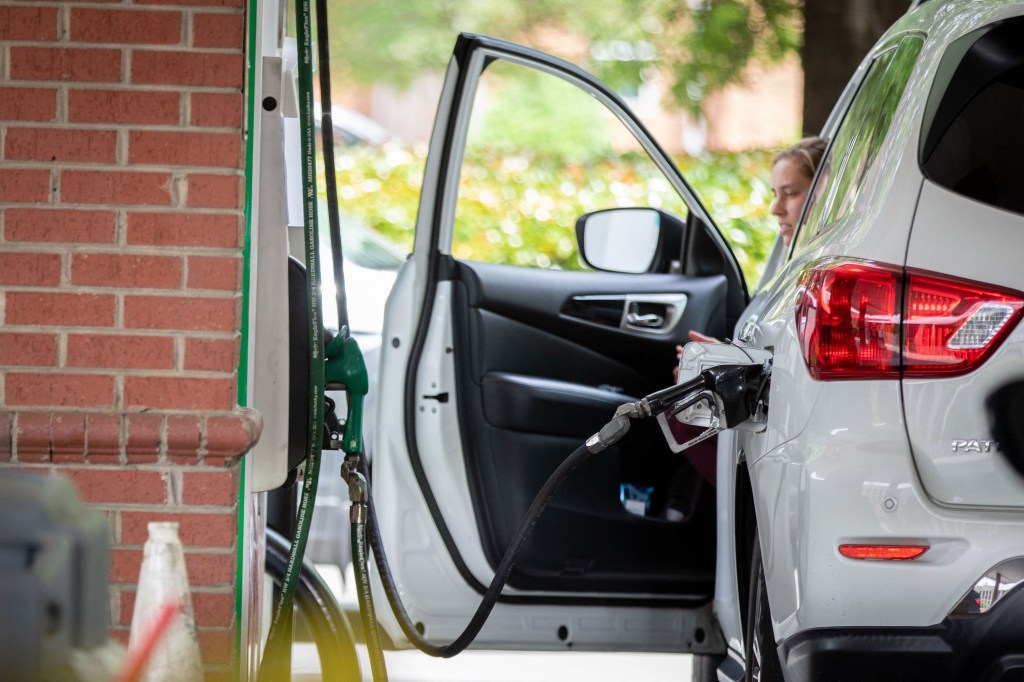
Step number one for increasing your gas mileage is to follow the advice of the iconic rock band; Eagles. Take it easy.
According to AAA, driving more carefully overall can result in substantial fuel savings. Avoid aggressive starts from a stop, excessive acceleration, or aggressive braking. These practices can result in insane reductions in fuel efficiency. Up to 30 percent at highway speeds and as much as 40% in stop-and-go traffic. Seriously! Driving like this can cut your fuel economy nearly in half if your commute is primarily around-town driving.
When driving a manual transmission vehicle, shift as soon as possible in the RPM range. Additionally, rely on the vehicle’s brakes to bring the car to a halt rather than downshifting and elevating RPMs.
Keep it moving! Not too fast, though.
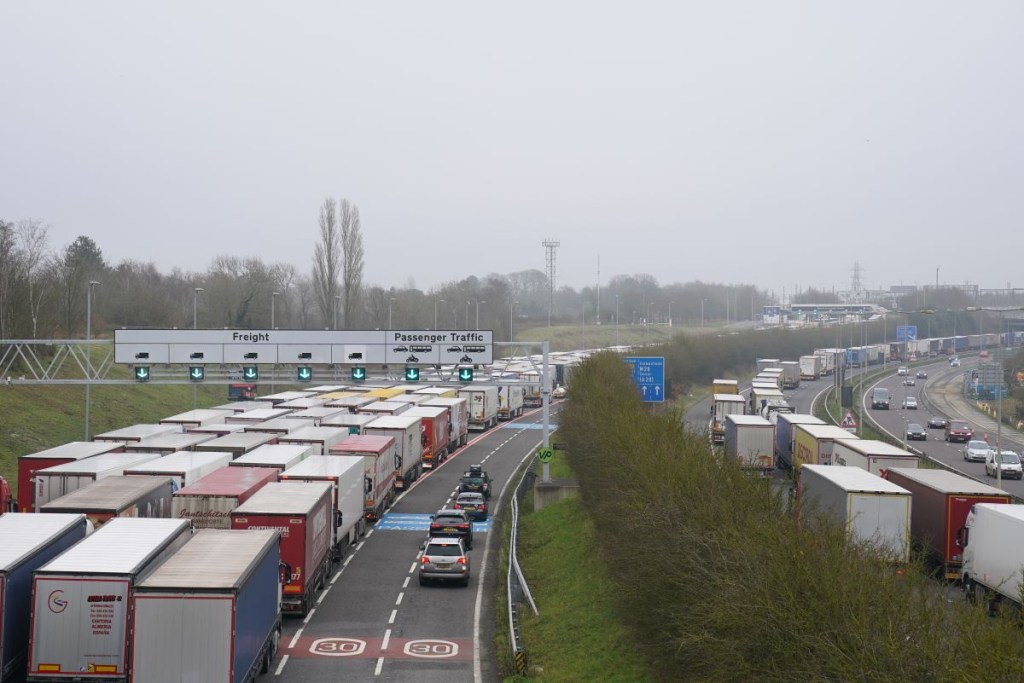
When your vehicle isn’t moving, you get zero miles per gallon. Every little bit can add up to monument savings and increased average fuel economy. So, doing things like warming up your car before driving can severely ding your fuel savings. After all, AAA reports an idling engine can burn up to a half gallon of gasoline per hour.
Fluctuations in RPMs and speed can affect your fuel economy, too. So, using cruise control is a great way to ensure you’re not accidentally having a drastic effect on your fuel use.
Most importantly, slow down! AAA reports that most vehicles get their best fuel economy numbers when cruising around 50 miles per hour. Going faster steadily decreases your fuel economy. Additionally, AAA states that reducing your overall speed five or 10 miles per hour can net up to a 14 percent increase in fuel economy.
If you can, avoid driving during rush hour. The less time spent accelerating and the fewer stops you make, the more efficiently you’ll be using your fuel. In a similar vein, AAA recommends using easy passes for toll roads to avoid stopping at kiosks.
Proper maintenance and good practices also drastically affect fuel efficiency
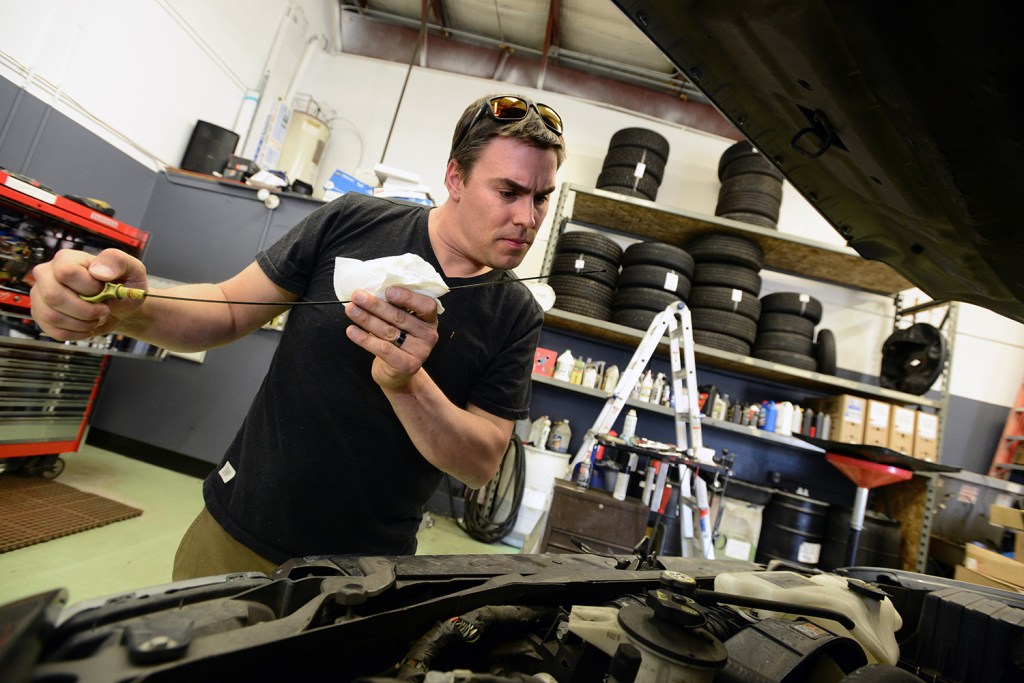
If your vehicle isn’t operating at peak efficiency, then you can’t expect to achieve peak fuel efficiency.
Consistent oil changes with appropriate weight and high-quality engine oil is a great way to ensure your engine is operating to its full potential. Gunked-up oil can increase friction within the engine and reduce efficiency. Additionally, using the correct octane gasoline as recommended by your vehicle’s manufacturer will help your engine remain in good health in the long run.
Regularly check your tire pressure to ensure they are correctly inflated to manufacturer specs. Bumping up your tire pressure can also increase fuel economy, but be sure not to inflate it past the manufacturer’s recommendations.
Finally, ensuring your vehicle is free of extra weight and clutter is a great way to see small efficiency advantages. Less vehicle weight makes for less rolling resistance, which can pay off in the long run. Furthermore, optimizing aerodynamics and avoiding things like roof racks and rooftop carriers can also optimize your vehicle’s efficiency on the road.
Sure, some of these practices and pointers may seem a bit frivolous. However, all of these elements working together can absolutely reduce the time and money spent at the gas pump.
Of course, you could always buy an electric vehicle, instead.
